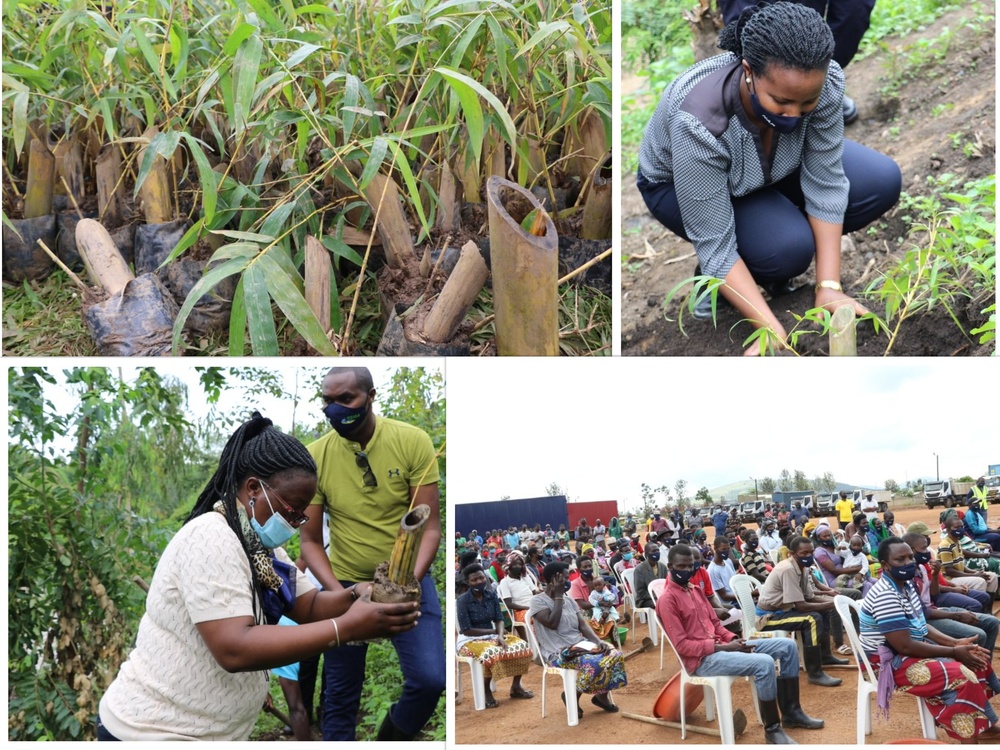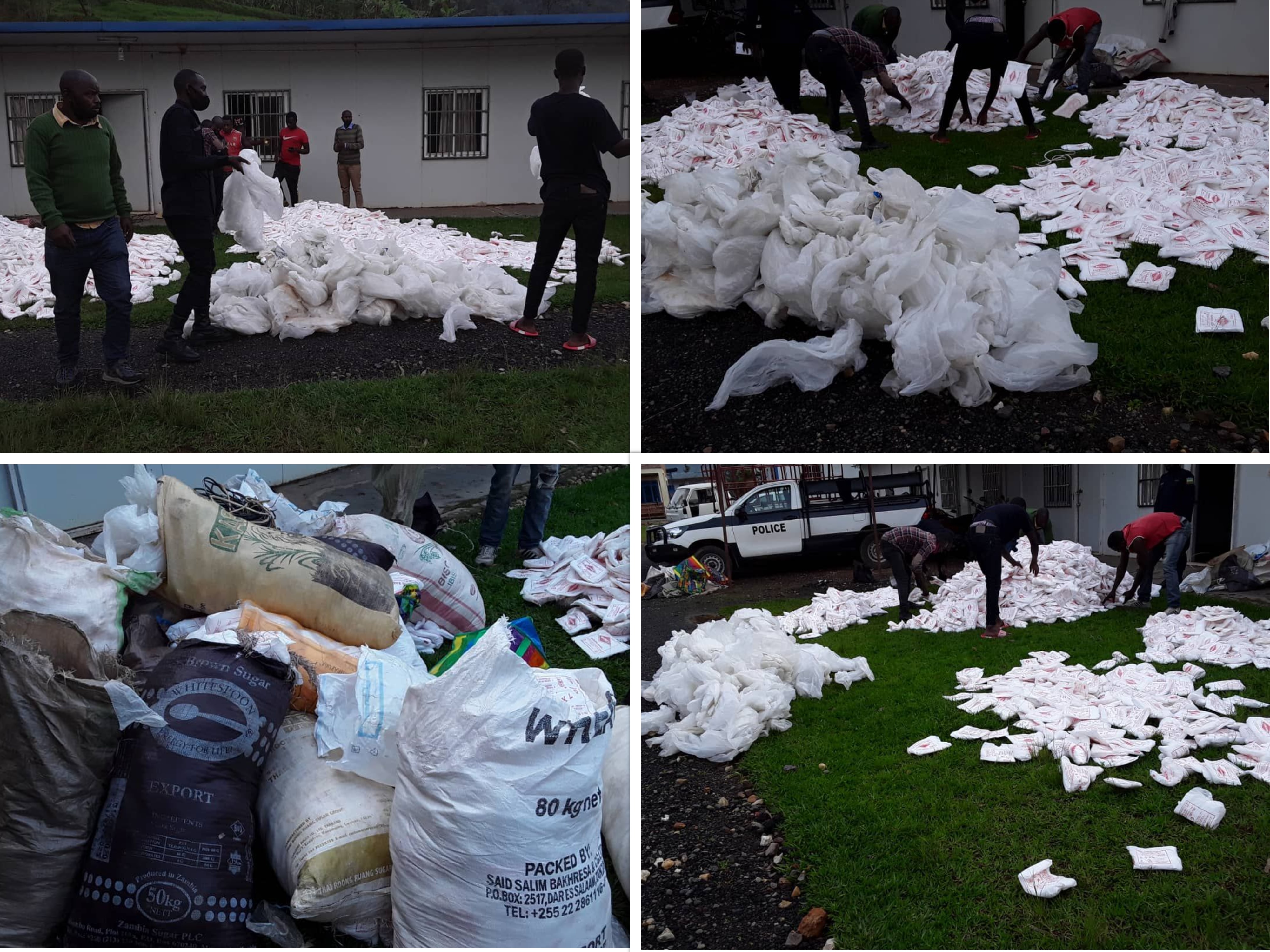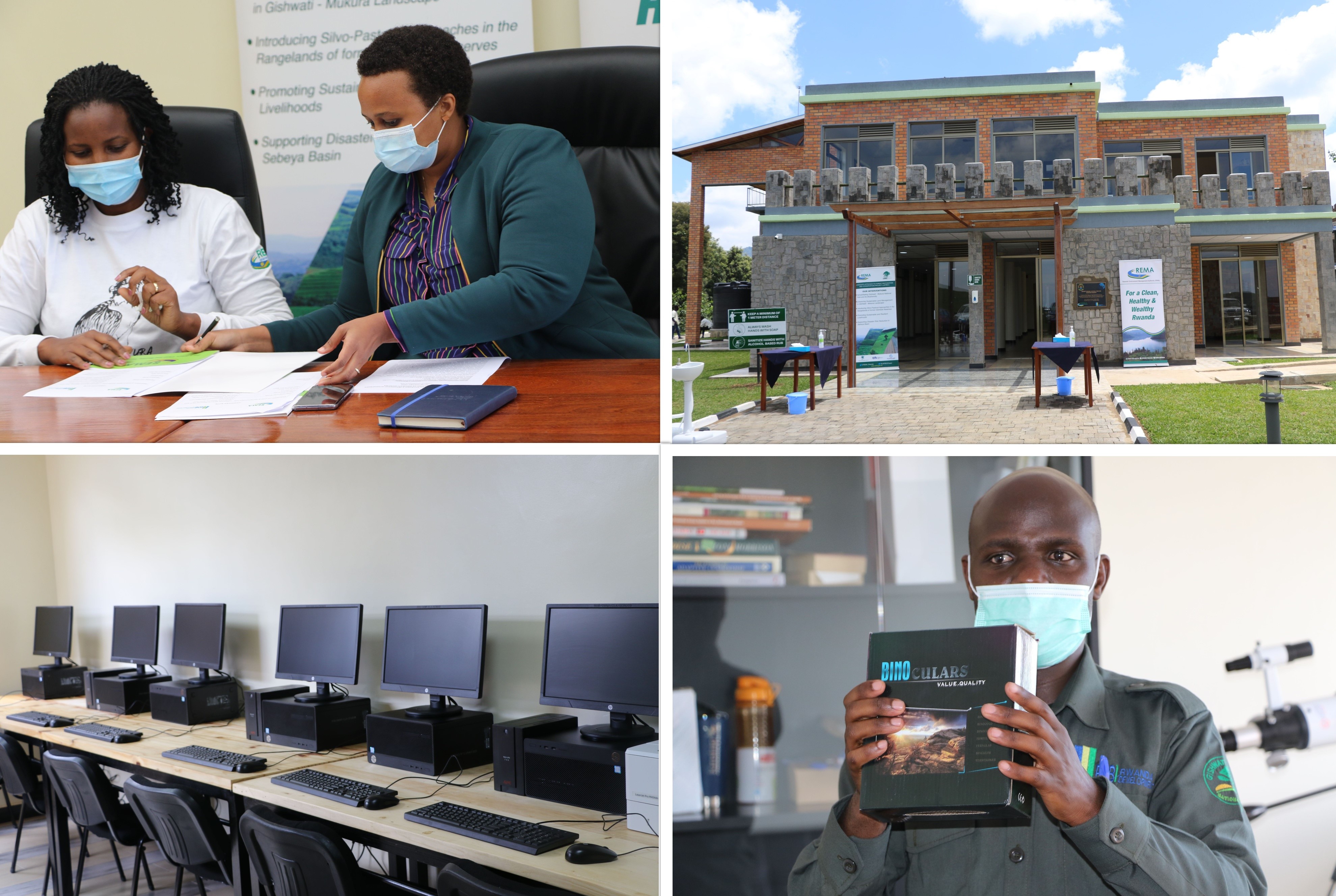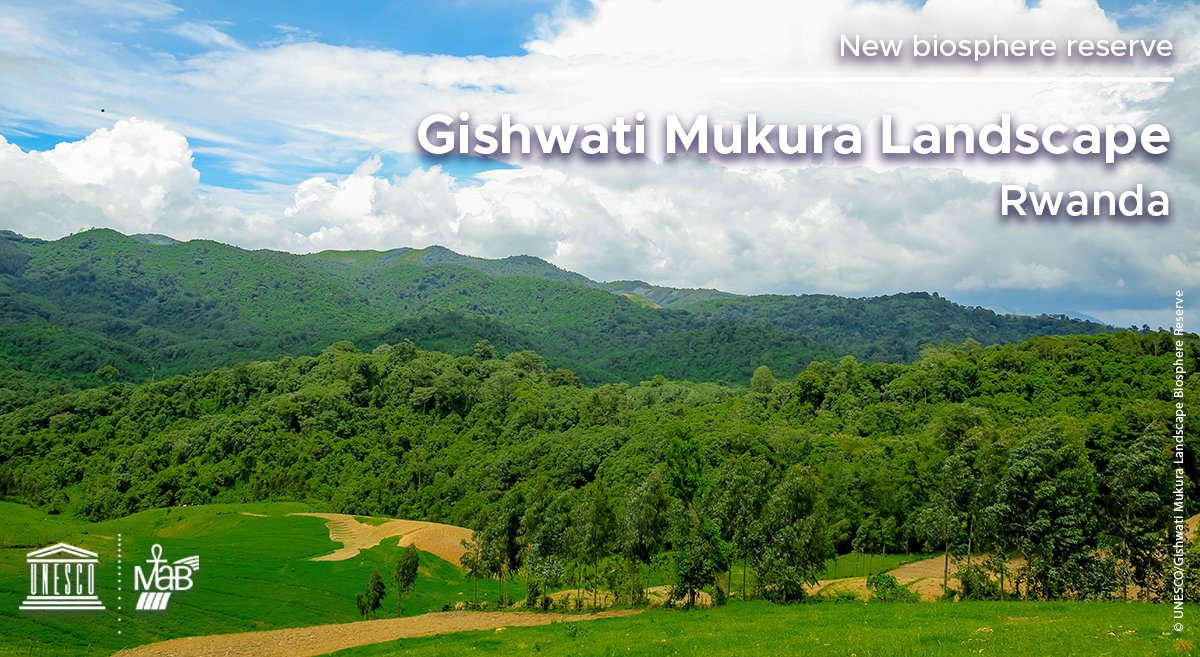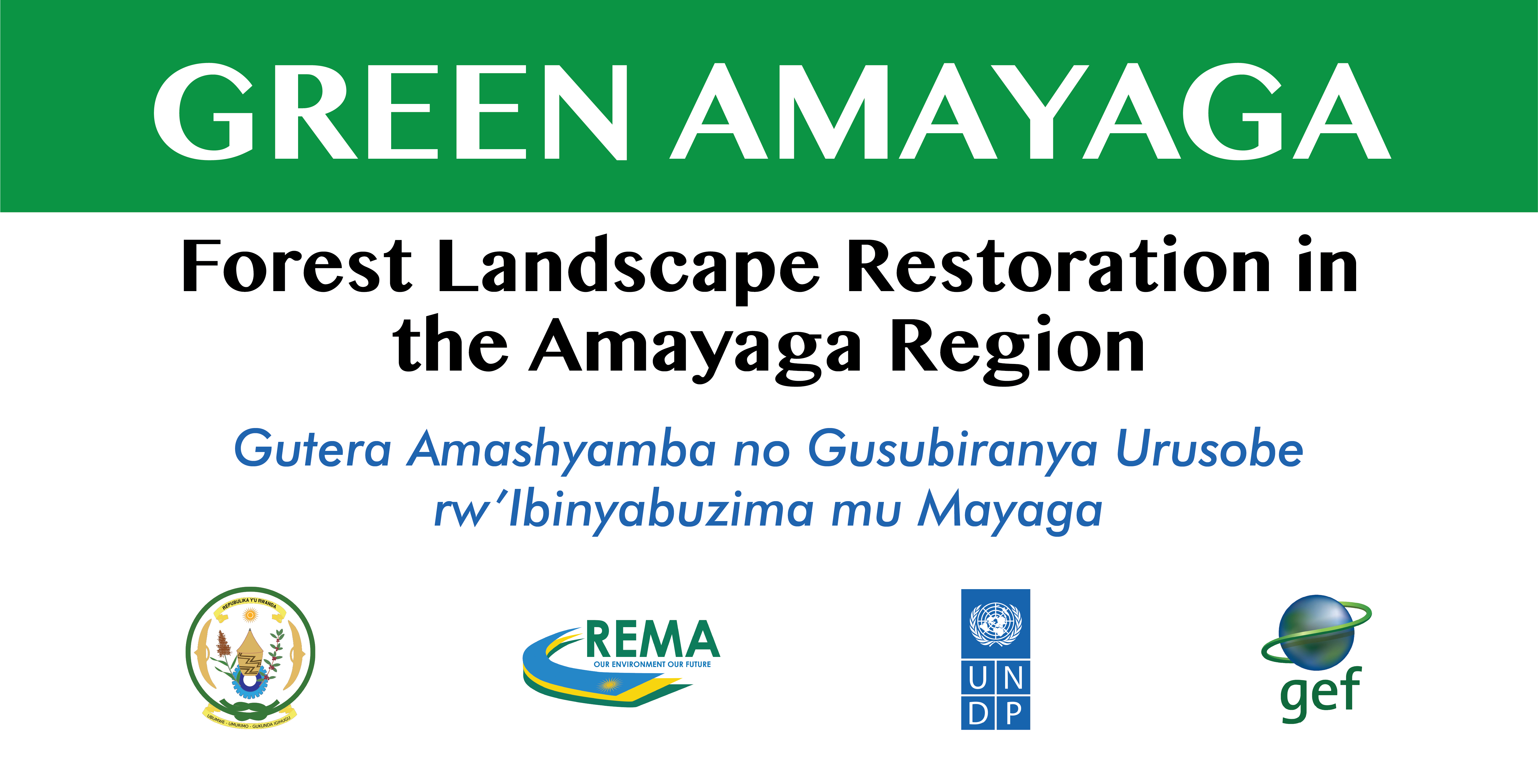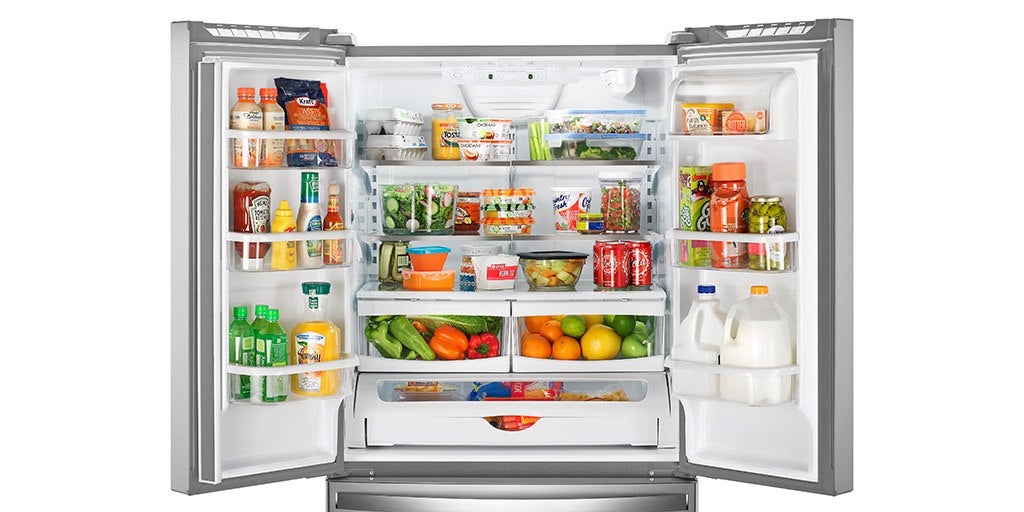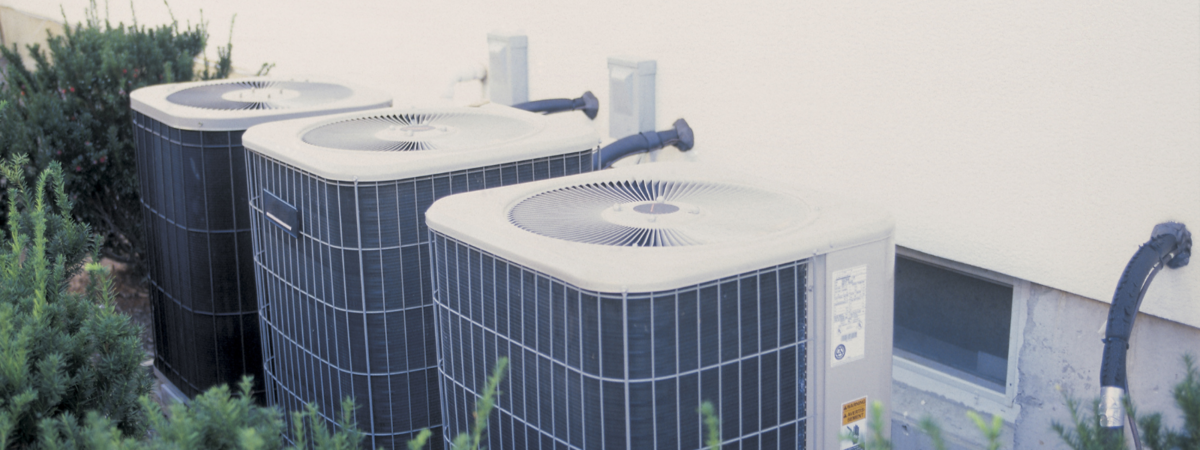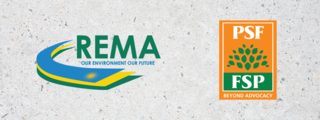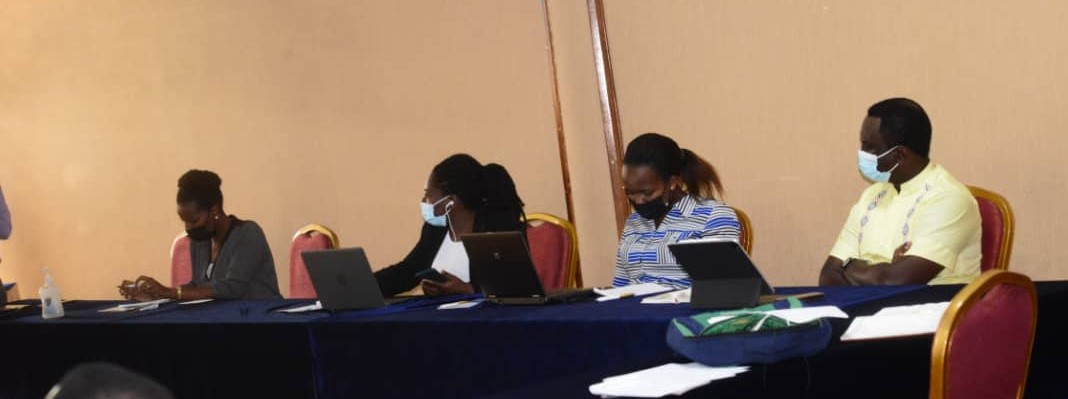
Rwanda launches project to protect human health and the environment from the adverse effects of mercury pollution
The Rwanda Environment Management Authority (REMA), has launched the Minamata Initial Assessment (MIA) and National Action Plan (NAP) Projects.
Both projects were launched on June8, 2021 in line with the Minamata Convention on mercury, designed to protect human health and the environment from anthropogenic emissions and release of mercury and mercury compounds, that Rwanda acceded in June 2017.
Mercury is a naturally occurring element that is found in air, water and soil. Exposure to mercury – even small amounts – may cause serious health problems and is a threat to the development of the child before and after birth.
According to the World Health Organization (WHO), the inhaling mercury vapour can have harmful effects on the nervous, digestive and immune systems, lungs, kidneys and skin, and may be fatal. The inorganic salts of mercury are corrosive to the skin, eyes and gastrointestinal tract, and may induce kidney toxicity if ingested.
After becoming a part to Minamata Convention, Rwanda conducted a preliminary national survey to map out different institutions and priority areas suspected to have mercury, and mercury pollution, and these include Artisanal and Small-Scale Gold Mining (ASGM), health sector (thermometers, tensiometers, dental amalgams), industry sector (butchery, paints) among others.
“The MIA is one of the solutions that will help us to evaluate ourselves throughout national mercury inventory used in Artisanal and Small-Scale Gold mining as well as in health sector. However, NAP will help us to have health status of the people working with these sectors and put in place the alternative technology aiming at phasing out the use of mercury” says Juliet Kabera, Director General, Rwanda Environment Management Authority (REMA).
The Minamata Initial Assessment project will raise awareness of health risks associated with mercury among the general public and government officials.
The artisanal and small-scale gold mining sector, along with health, ICT, Transport, water and informal sectors were identified as priority sectors related to the use of mercury.
The development of National Action Plans for artisanal and small-scale gold mining is a requirement under the Minamata Convention. Therefore, this project will support Rwanda to improve national capacity for managing mercury, and reduce the exposure of the people to mercury and the associated negative health consequences.
The two initiatives are being supported by the United Nations Industrial Development Organization (UNIDO) and the United Nations Institute for Training and Research (UNITAR).
The Minamata Convention has a phased approach to reduce, and where possible, eliminate mercury use in key industrial sectors. It is also designed to systematically reduce emissions and releases to land and water and phase out the use of mercury where alternatives exist.
The Minamata Convention was adopted and opened for signature at the Conference of Plenipotentiaries held from 9 to 11 October 2013 in Minamata and Kumamoto, Japan and entered into force on 16 August 2017. Up to June 2018, 128 countries had signed the treaty and 94 had ratified it. As for now, 131 country have ratified the treaty and Rwanda became a Party on 29 June 2017.
To support the state parties to achieve the objective of the Convention, the Global Environment Facility (GEF) avails financial support to keep the momentum of making mercury history.
Topics
More posts
Africa’s clean cooling centre of excellence moves closer to boosting farmer’s livelihoods
The Rwandan Government has formally launched the new African Centre of Excellence for Sustainable Cooling and Cold Chain (ACES) that is hosted…
Rwanda launches economy-wide project to advance climate adaptation planning
The Ministry of Environment and the Rwanda Environment Management Authority are launching a groundbreaking project to build the country’s capacity to…
Polisi y’u Rwanda yafashe amasashe atemewe afite agaciro karenga miriyoni 40
Polisi y’u Rwanda ikorera mu karere ka Rulindo yafashe amapaki 402,000 y’amasashe atemewe mu Rwanda. Ayo masashi yafashwe mu mukwabo polisi yakoze…
REMA handed over to RDB infrastructures installed by LAFREC Project
On Thursday, November 12, 2020, the Rwanda Environment Management Authority (REMA) has handed over to Rwanda Development Board (RDB), infrastructures…
Gishwati-Mukura National Park named a Biosphere Reserve
Rwanda’s Gishwati-Mukura landscape has been named among the World Network of Biosphere Reserves by the United Nations Educational, Scientific and…
Rwanda launches ambitious forest and landscape restoration initiative to address climate change and improve livelihoods
Kigali, Rwanda | 22 October 2020, Rwanda is launching an ambitious landscape restoration project that will restore the natural forests of Amayaga in…
REMA yatangije gahunda nshya yo korohereza abifuza kugura ibikoresho bikonjesha bitangiza ikirere
Ikigo cy’igihugu cyo kubungabunga ibidukikije REMA cyatangije umushinga wa gahunda nshya izorohereza abashaka gutunga ibikoresho bikonjesha bizigama…
New Way to Pay for Climate-Friendly Fridges and ACs in Rwanda
The Rwanda Environment Management Authority (REMA) has announced a partnership with Banque Populaire du Rwanda to offer on-bill financing to make…
Rwanda Environment Management Authority and Private Sector Federation partner to advance green growth and the circular economy
The Rwanda Environment Management Authority and Private Sector Federation have launched a new partnership that will foster greater collaboration on…

